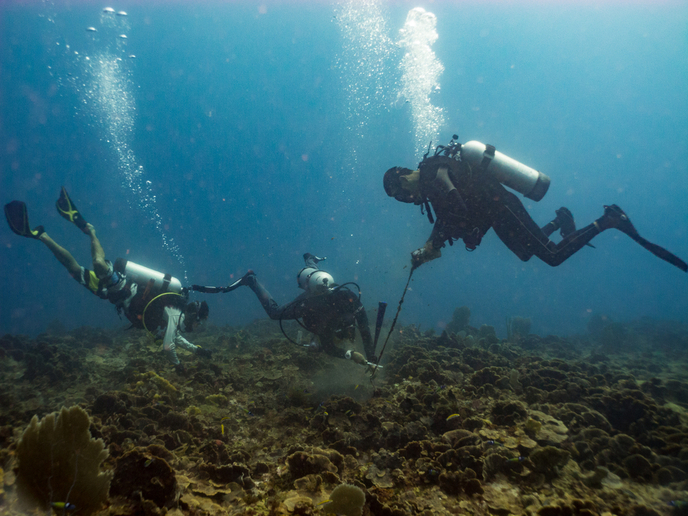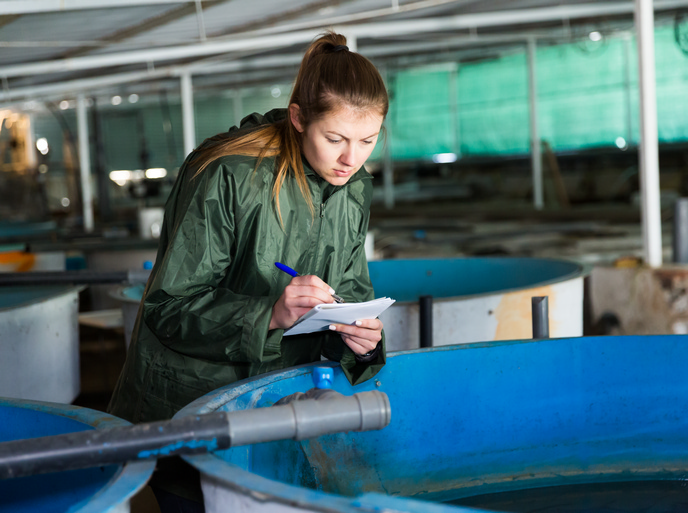Blue bioeconomy boosted via clustered research infrastructures
Our planet’s marine environment accounts for over 90 % of the biosphere and harbours immense biodiversity. Marine (blue) biotechnology is rapidly becoming an important component of the global biotechnology sector to meet the growing demand for bioproducts that cannot be sourced from terrestrial sources alone. The EU-funded European Marine Biological Research Infrastructure Cluster to promote the Blue Bioeconomy (EMBRIC)(opens in new window) project sought to accelerate the pace of scientific discovery and innovation from marine bioresources and promote new applications derived from marine organisms. “The initiative aims to connect partners from academia and industry to strengthen links among science, industry and maritime regions,” says project manager Amélie Lecornec. Currently, marine biotechnologies’ major economic potential remains largely underexploited and is hindered by several factors. These include operational factors that prevent the scientific community from fully exploring marine biological resources. Other hurdles include practical and cultural difficulties in connecting science with industry, and the fragmented nature of the regional innovations ecosystems in marine biotechnology throughout Europe. Overcoming these barriers requires increased connectivity between RIs and their communities of users, science and industry, as well as between the RIs and the Research and Development and Innovation policies in European maritime regions.
Increased innovation
Project partners aimed to promote innovation in the area of marine biology and ecology in Europe by clustering six RIs. The goal was to provide access to the full spectrum of diversity of marine organisms along with expertise on data services and management. With all this gathered knowledge, the cluster was able to design efficient workflows for the discovery of natural products. All RIs employ different approaches and workflows, which EMBRIC harnessed to establish a virtual screening platform. A data management service – the EMBRIC Configurator(opens in new window) – was successfully set up to support the management, analysis and interpretation of marine data. The consortium also designed case studies to aid testing and refine the discovery workflows through joint development activities. This internal testing was complemented by providing access to EMBRIC services to external user communities such as the Transnational Access pilot programme(opens in new window) in the second half of the project’s lifetime.
Benefits reach many levels
EMBRIC succeeded in engaging policy-makers at the regional, national and EU level on the importance of supporting the marine bioeconomy. It also raised awareness in Europe about the opportunities and need to unlock the underexploited potential of oceans. Moreover, the project showcased the importance of clustering RIs to accelerate the pace of scientific discovery and innovation for marine bioresources. Furthermore, the project established common, operable, functional workflows and tested them by involving all of these RIs. The cluster also developed best practices, standard procedures and created a data warehouse linked to these workflows. These activities will be used by RIs in future projects. The initiative provides Europe with powerful instruments to foster interdisciplinarity at a time when research activities have become more and more specialised. “In the particular area of marine bioresources, alliances between RIs such as those in EMBRIC are essential to accelerate the pace of scientific discovery and economic development,” Lecornec concludes.







